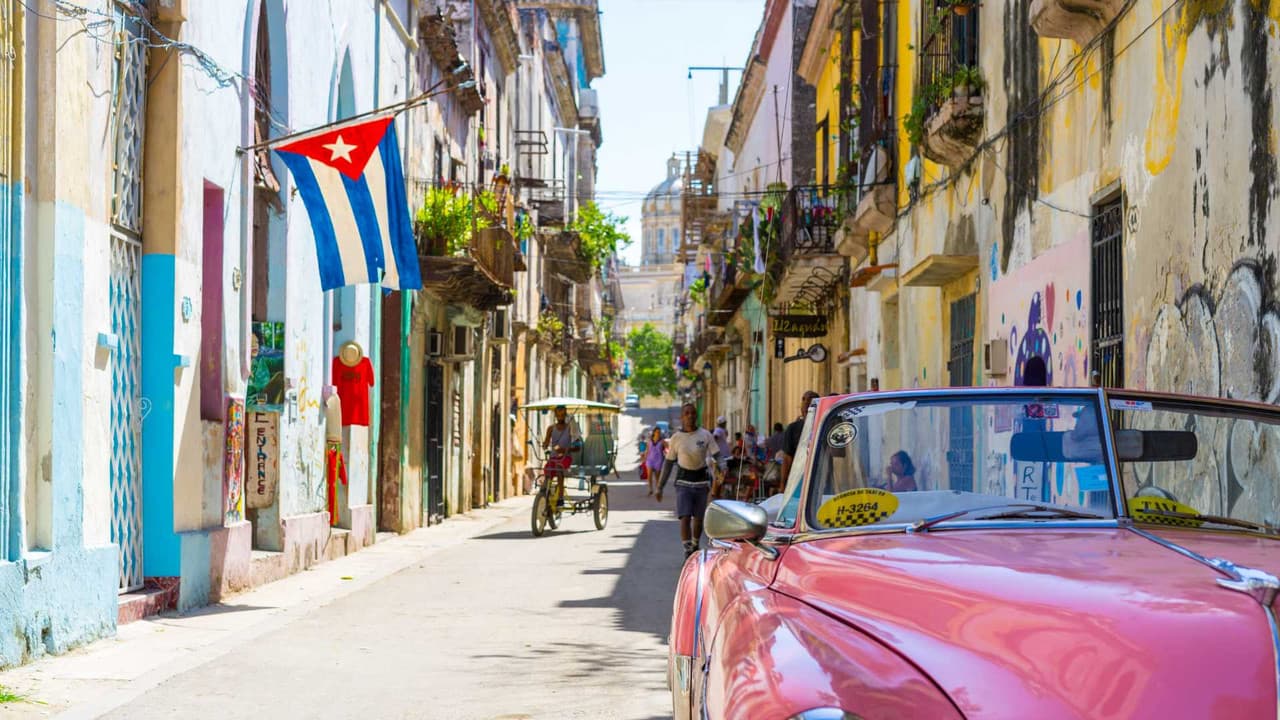Navigating employee leave entitlements in Cuba requires a clear understanding of the country's labor laws and regulations. These policies are designed to ensure employee well-being and are mandatory for all employers operating within the country. Compliance is crucial for smooth operations and maintaining good employee relations.
Understanding the specific requirements for various types of leave, from annual vacation to sick leave and parental leave, is essential for managing a workforce effectively in Cuba. This guide outlines the key provisions employers need to be aware of regarding employee leave in 2025.
Annual Vacation Leave
Employees in Cuba are legally entitled to paid annual vacation. The minimum entitlement is established by law and is based on the duration of employment.
- Minimum Entitlement: Employees are entitled to a minimum of 30 calendar days of paid vacation per year.
- Accrual: Vacation leave typically accrues based on the period of service.
- Timing: The timing of vacation is generally agreed upon between the employer and employee, taking into account operational needs.
- Payment: Vacation pay is calculated based on the employee's average earnings over a specified period prior to taking the leave.
Public Holidays
Cuba observes several official public holidays throughout the year. Employees are generally entitled to a paid day off on these holidays. If an employee is required to work on a public holiday, they are typically entitled to premium pay.
Here are the main public holidays observed in Cuba:
| Date | Holiday |
|---|---|
| January 1 | Triumph of the Revolution |
| May 1 | International Workers' Day |
| July 25 | Anniversary of the Attack on the Moncada Barracks (Day before) |
| July 26 | Anniversary of the Attack on the Moncada Barracks |
| July 27 | Anniversary of the Attack on the Moncada Barracks (Day after) |
| October 10 | Independence Day (Beginning of the Wars of Independence) |
| December 25 | Christmas Day |
| January 1 (next year) | New Year's Day |
Note: If a public holiday falls on a Sunday, the following Monday is often observed as the paid day off.
Sick Leave
Employees in Cuba are entitled to paid sick leave when they are unable to work due to illness or injury. Specific regulations govern the duration and payment of sick leave benefits.
- Entitlement: Employees are entitled to sick leave upon presenting a medical certificate from a recognized healthcare provider.
- Duration: The duration of paid sick leave depends on the employee's condition and the medical assessment.
- Payment: Sick leave pay is typically calculated as a percentage of the employee's average wage. The percentage may vary depending on the duration of the illness and the employee's length of service. Social security contributions cover a significant portion of sick leave pay.
| Duration of Illness | Typical Payment Rate (as % of average wage) |
|---|---|
| First few days | Often a lower percentage |
| Extended periods | Higher percentage, potentially up to 100% (details vary based on specific regulations and duration) |
Parental Leave
Cuban law provides comprehensive parental leave benefits, primarily focused on maternity leave, but also including provisions for paternity and adoption.
Maternity Leave
- Duration: Pregnant employees are entitled to significant maternity leave, typically starting before the expected delivery date and extending for a period after childbirth. The total duration is substantial, often exceeding one year, including pre-natal and post-natal leave, and a subsequent period for childcare.
- Payment: Maternity leave is paid through the social security system, usually at a rate equivalent to the employee's average wage.
Paternity Leave
- Duration: Fathers are entitled to a shorter period of paid leave around the time of the child's birth.
- Payment: Paternity leave is also paid, typically through social security.
Adoption Leave
- Entitlement: Employees who adopt a child are also entitled to leave, similar in principle to maternity leave, to care for the newly adopted child.
- Duration and Payment: The duration and payment conditions for adoption leave are comparable to those for maternity leave, allowing the adoptive parent time to bond with the child.
Other Types of Leave
Beyond the standard categories, Cuban labor law and practice recognize other circumstances that may require an employee to take leave.
- Bereavement Leave: Employees are typically granted a short period of paid leave in the event of the death of a close family member.
- Study Leave: Employees pursuing approved studies relevant to their work or professional development may be granted paid or unpaid leave, subject to employer policy and legal provisions.
- Leave for Personal Matters: In certain justified circumstances, employees may request unpaid leave for urgent personal matters. Approval is usually at the employer's discretion, guided by labor regulations.
- Leave for Social or Civic Duties: Employees may be granted leave to fulfill civic duties, such as serving on a jury or participating in official events.
Employ top talent in Cuba through our Employer of Record service
Book a call with our EOR experts to learn more about how we can help you in Cuba







Book a call with our EOR experts to learn more about how we can help you in Cuba.
Trusted by more than 1000 companies around the globe



